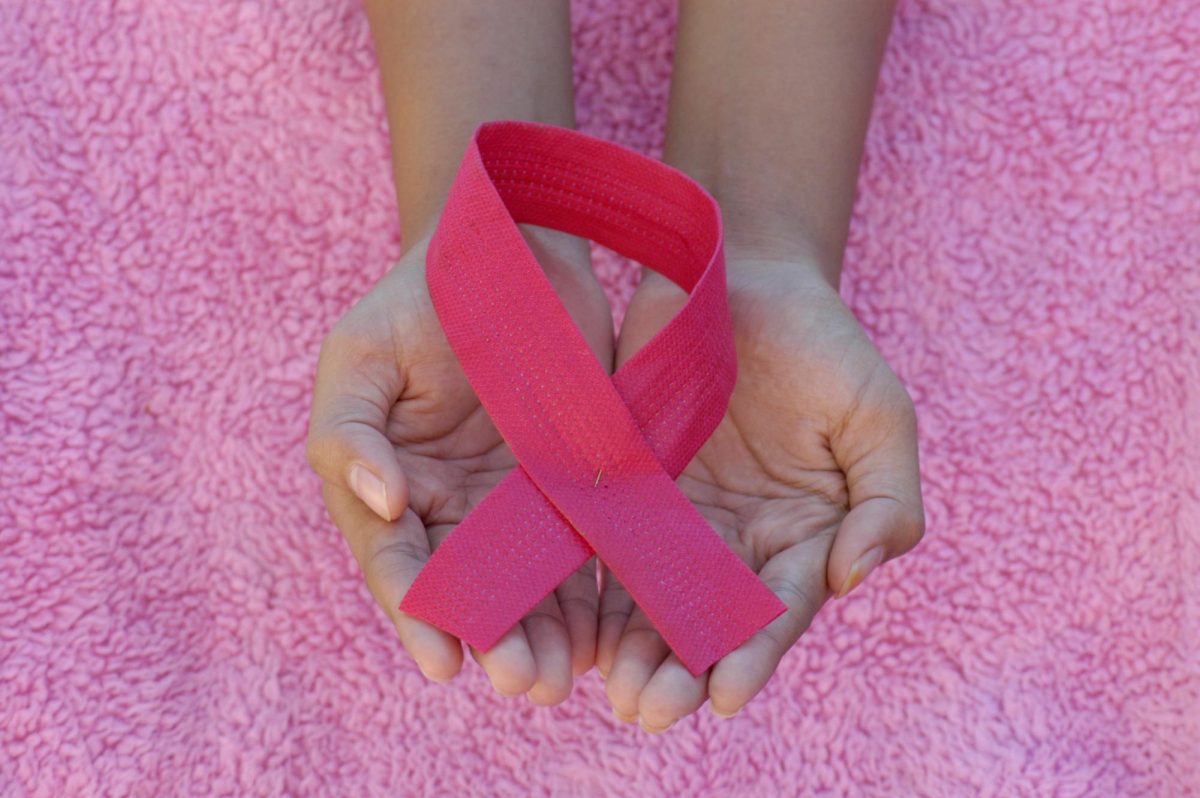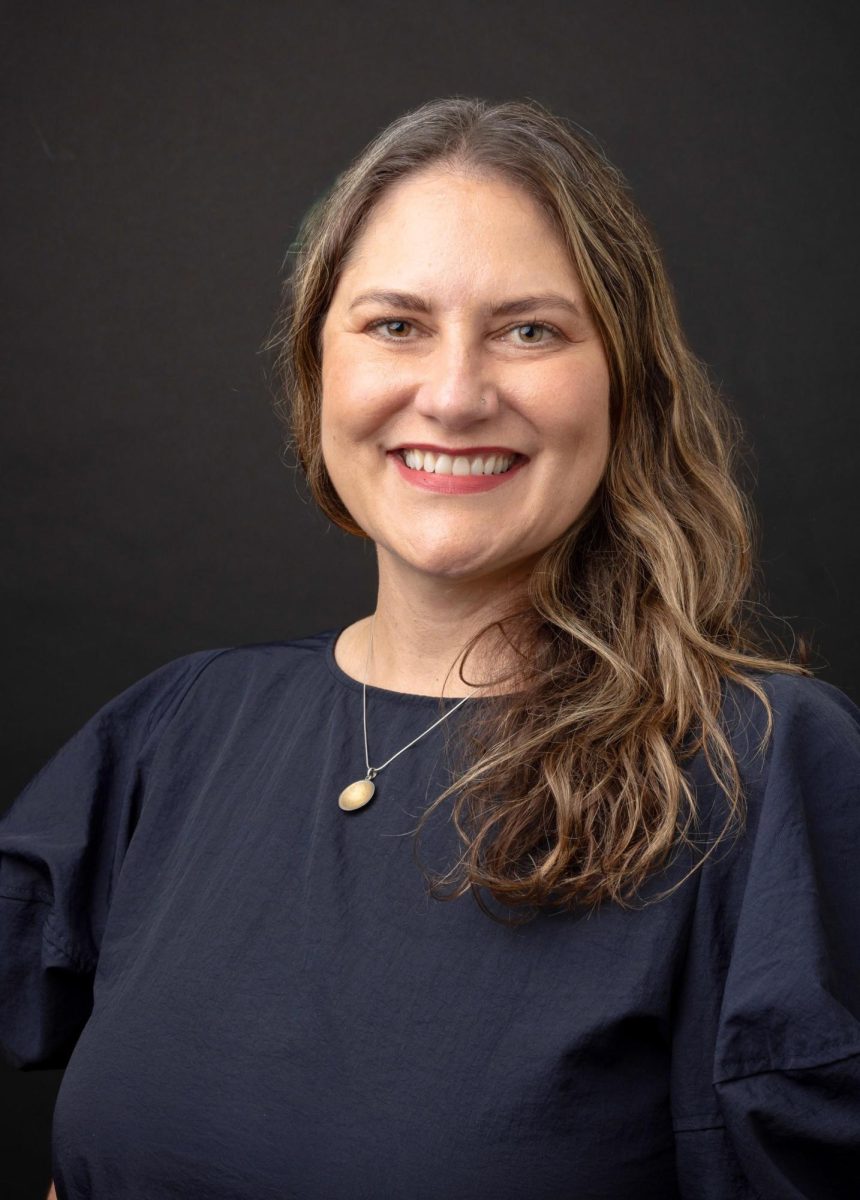CECILE HORST
Stephanie Wisner (pictured), ELHS alumna Class of 2012, made the Forbes 30 under 30 Healthcare list. As co-founder of biotech startup, Centivax, Ms. Wisner is devoted to developing medicines for Covid, flu, and other infectious diseases.

VS: What inspired the union between Science and Entrepreneurship?
SW: I always thought that I would go to medical school and get a PHD. As I started to do medical shadowings, I started to notice this problem that the patients we were seeing consistently ran out of treatment options, whether it was terminal cancer or a neurodegenerative disease. At some point, the doctors ran out of options for them, and that was because there weren’t medicines that had been created for those diseases. I thought this was terrible. We were doing all this groundbreaking scientific research on pancreatic cancer, but were doing it to write scientific publications. We weren’t doing it to create new medicines
VS: What is it like to see science through the eyes of writing and entrepreneurship?
SW: I’ve always loved to write. I had some very good teachers at ELHS. I had no intentions of keeping up my writing because I was going to go to med school. I went to college and took a mandatory expository writing seminar and got the same feedback of, “You are actually not bad at this,” and I kept taking more English classes parallel to science and ended up getting a minor in English. In college, I was the editor-in-chief of this science publication. I think that scientific writing is different from good writing that people care about. It can be kind of boring because it tends to reach “a science only” audience because it is so highly technical. As a business person, my job is to make science understandable and marketable as a story for investors. I try to give it a human lens. It’s the human side to this. You are not in biotech or medicine because it is cool, you do it because you want to help people. I think that I can try to bring the human elements and stories that can be kind of emotional at times to pull people and affect them in a way science alone can’t.
VS: What has been your experience as a woman in a male-dominated industry?
SW: Generally speaking, men tend to be very aggressive and be willing to dominate a room and get away with speaking in a way that a woman maybe couldn’t get away with speaking in and still come across in a positive way. As a woman, you are under a different type of scrutiny for being a woman. So, what I have noticed is that women try to act like men. They try to be aggressive and dominating, but it’s more efficient to embrace the qualities you have. I’ve learned to be influential by not having to be domineering but by still being a strong woman who can still be feminine.

VS: What advice would you give your high school self?
SW: It’s very overwhelming in high school. You feel like you are supposed to have your whole life figured out before you have even tried anything yet, and that’s a very scary decision. Like, how are you supposed to know if you really like science or math or medicine when all you have is taken a couple classes on it? But then you are going to devote 10 years to study it and work at it every single day? In high school and college, I was very fixated on going to medical school. It wasn’t until after I graduated and was like a year out where I was like, “Oh maybe this isn’t for me.” I think what’s really important for high schoolers to understand is I remember being in that position and feeling so overwhelmed, feeling like I had the weight of the world over my shoulders. I wish I knew that life is emergent. Nothing happens the way you plan. Sometimes the best way to be successful is not to plan out a linear plan for yourself. Is to be open to life emerging. My advice is if you think you like something, go try it. Don’t imagine what you think you want, go look for it.





